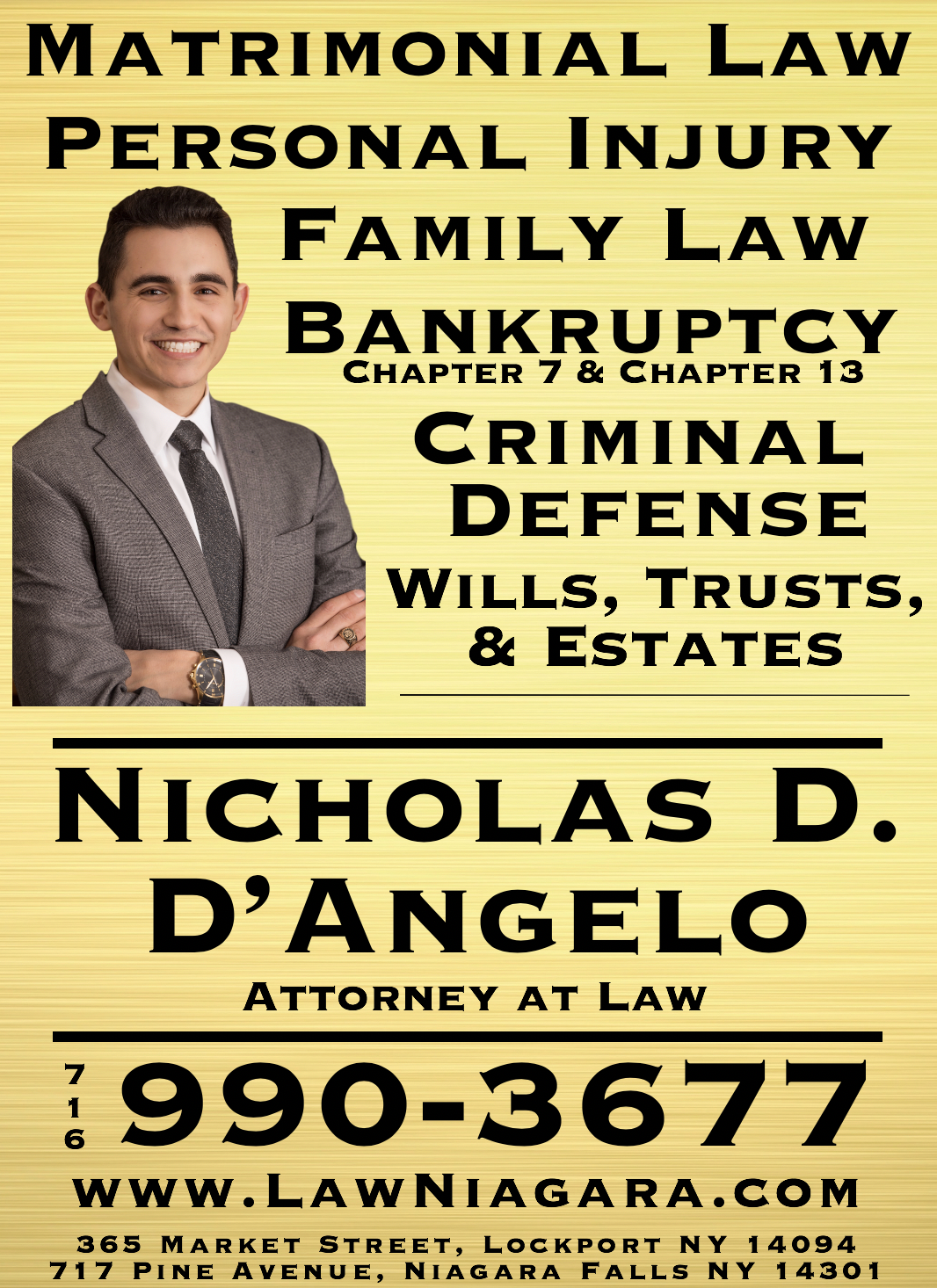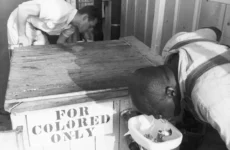Please click the link below to subscribe to a FREE PDF version of each print edition of the Niagara Reporter
http://eepurl.com/dnsYM9

By: Tony Farina
Still no word on when — or even if — casino money will begin flowing again to the state and the three host cities several weeks after the arbitration panel ruled in early January that the Seneca Nation was wrong to stop the revenue sharing payments in 2017.
Lame duck Niagara Falls Mayor Paul Dyster said after the 2-1 vote in favor of the state that he was “thankful” for the panel’s ruling but as we approach March, the Senecas remain tight-lipped about what they are going to do and Gov. Andrew Cuomo’s office is equally silent.
Seneca President Rickey Armstrong Sr. said after the decision “we know we are right in the law,” but added the Senecas will take the appropriate time to review and respond to the opinion, although so far there’s no hint of what that response will be. Sources say the Senecas are not ready to write any checks to the state anytime soon and could find a way to challenge the arbitration decision.
All this is playing out as the political season begins in earnest in Niagara Falls with former City Judge Robert Restaino, a registered Democrat, gaining momentum via the Independence and Conservative Parties of Niagara County which both gave him their strong endorsement for mayor in separate announcements last week.
The other Democrat in the race is top Dyster aide Seth Piccirillo, director of community development and code enforcement officer for the Dyster administration who was the first to announce even before his boss, the three-term incumbent, said he would not seek re-election. The only other player to date in the race for mayor is Republican Glenn Choolokian, a former Democrat whose “write-in” votes four years ago helped Dyster defeat Republican John Accardo even though Dyster only received 47 percent of the vote.
So far, the city Democratic Committee is holding its powder, perhaps with the proverbial finger in the wind to help guide its decision. After all, the Dyster administration, of which Piccirillo is a major player, has to live with the gaming war aftermath which has once again crippled the city’s finances.
After the first gaming war ended in 2013 with the city on the brink of collapse, Dyster went against the state comptroller’s recommendations to go easy on spending the casino cash and instead used about $9 million a year to balance the city’s budget, a strategy that left the city vulnerable for the sudden halt of casino payments in 2017. The city is now living on a loan from the state until the casino payments resume, assuming they do.
There’s more than just Dyster to blame for the over-reliance on casino cash as city lawmakers took the easy way out, at least in a political sense, and went along with the spending of casino cash instead of reducing costs and finding new revenue streams, both which would have affected taxpayers and possibly their political future. But now, even if the slot money starts to flow again, lawmakers and the next mayor will have tough decisions to make to avoid sinking Niagara Falls further into red ink.
And remember, the gaming compact is up for renewal in 2023 and even if the Senecas resume the payments later this year, what will happen in 2023 given the contentious nature of the relationship between the state and the Senecas?
The next mayor will have to lead the city’s position in those compact talks, hopefully by improving the relationship with the Senecas, something the current administration — which has been largely deferential to Cuomo — has not succeeded in doing.
But as all of it plays out, with the future well-being of Niagara Falls at stake, taxpayers should heed closely what the candidates for public office have to say about the course they plan to take in improving the relationship with the Seneca Nation with an eye toward 2023.
Restaino is already up on television and expect Piccirillo to follow soon as he runs for mayor and prepares for the likely endorsement to come from his mentor, Paul Dyster, the mayor who brought him to the dance but whose support may not be all that helpful given the city’s poor financial state.





















